-This article was originally published on ABC’s The World Today website on Wednesday 15 April by Jessica Kidd
http://www.abc.net.au/worldtoday/content/2015/s4216777.htm
AUDIO TRANSCIPT
BRENDAN TREMBATH: Proven solutions to cut pollution are on the auction block today in a new Federal Government run auction.
The Government has up to $2.5 billion to spend on the most cost effective projects.
They might include planting trees or smart use of the methane produced by piggeries.
Farmers across Australia have started bidding.
Jessica Kidd reports.
(Sound of auction)
JESSICA KIDD: Australian farmers are no stranger to a highly contested auction.
But today is no ordinary bidding war.
(Sound of typing on keyboard)
The keystone of the Abbott’s Government’s climate change policy is being ushered in with strokes on a keyboard.
And bids for a slice of Australia’s Emissions Reduction Fund are being with made with the click of a mouse.
(Sound of typing on keyboard)
The Federal Government’s direct action climate change policy begins today, with a reverse-auction for carbon credits.
Around 250 projects, designed to capture and store carbon, started going under the proverbial hammer this morning.
The Government will purchase the cheapest carbon credits on offer from these projects, using part of the $2.5 billion from the Emissions Reduction Fund.
Peter Yench is a grazier from the Cobar District in western New South Wales.
He’s set aside 7000 hectares of native forest on his sheep property Peter Yench, and is offering up 50,000 carbon credits as part of today’s auction.
PETER YENCH: It gives that extra string to your bow, you’ve sort of got the opportunity to make a little bit more money.
JESSICA KIDD: But making money isn’t his only motivation.
PETER YENCH: I’ve got four little grandsons and they’re little beauties, and I don’t want to think of them in 40-50 years time going to work like they are in China wearing bloody masks.
I think if we don’t do something now about the environment we’re going to lose it.
JESSICA KIDD: James Schultz is managing Mr Yench’s bid, along with the bids of dozens more farmers.
His company, Green Collar, handles the grunt work that comes with putting these carbon credit projects to market.
JAMES SCHULTZ: We do everything from surveying work on the properties to looking at biomass stocks, risk factors, feral animal control measures et cetera, and we do everything from there right up to the direct liaise with government on contractual issues and satisfying all the process requirements of participating in the auction.
JESSICA KIDD: The Government will award contracts to the bidders who offer to reduce carbon at the cheapest price.
The price per tonne of carbon paid to individual projects will remain confidential.
But the Clean Energy Regulator will release a benchmark or average price paid, as well as the volume of carbon purchased, about a week after the auction closes.
JAMES SCHULTZ: The rationale behind the design of the scheme is to create a competitive process that leads toward the lowest cost debarment, and so the various activities that are eligible are all in effect competing against one and another.
So you have everything from landfill gas, reforestation, savannah burning, energy efficiency schemes.
JESSICA KIDD: The Emissions Reduction Fund is designed to replace the carbon tax, which was removed last July.
Anthony Fitzgerald’s company Carbon Conscious Limited manages around 17,000 hectares of mallee eucalypts in Western Australia’s wheat belt.
He says the jury is still out on whether carbon sinks represent a new age in agriculture.
ANTHONY FITZGERALD: The ERF for instance major focus at the moment is on abatement until 2020.
And so later this year we’re having the Federal Government coming out talking about Australia’s targets and shaping Australian policy beyond 2020, so that will tell us what sort of future demand there might be.
JESSICA KIDD: The price per tonne of carbon will be critical to the success of Direct Action
Farmers won’t sacrifice their land if the price is too low.
But Anthony Fitzgerald says farmers also need certainty that the policy has a long term future.
ANTHONY FITZGERALD: You know, farmers will look at their land and say well I might have an alternative use.
You know they might look at some land that’s not particularly productive and say well I could plan some trees on that and that would be a good environmental outcome for my whole farm, but I’m giving up something to do that.
And if there’s a lot, if there’s a perceived risk of legislative change, you can see farmers shying away from that, whereas if farmers were more sure that thing would remain in place, I think you’d find they’d be more enthusiastic about getting involved.
JESSICA KIDD: The operators of carbon sink projects will only receive their money when they have delivered 100 per cent of the project and passed a final audit.
They’ll know whether their bid has been successful next Thursday.
BRENDAN TREMBATH: Jessica Kidd reporting.






